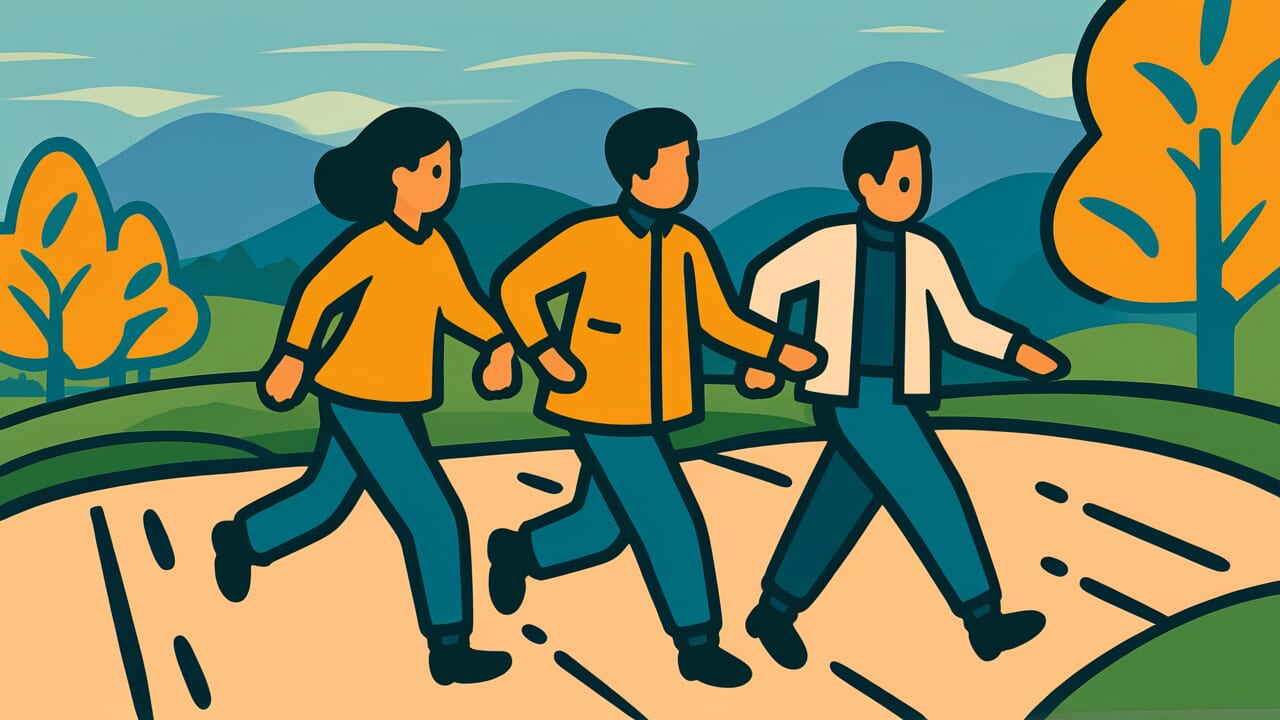How to Read “When times change, customs change too”
Utsureba kawaru yo no narai
Meaning of “When times change, customs change too”
“When times change, customs change too” means that as eras shift, habits and common sense naturally change with them. This is simply how the world works.
People use this proverb when they feel confused by differences between past and present, or when they lament changes. Values and lifestyles that were once considered normal change over time.
The proverb encourages us to see this not negatively, but as a natural flow of life.
Today, we face rapid technological innovation and social transformation. The meaning of this proverb feels more real than ever. Common sense differs between parents and children.
What was normal just a few years ago no longer applies. The speed of change keeps accelerating. Yet this proverb teaches us an important lesson.
Rather than resisting change, we should accept it as a natural flow. Flexibility matters more than stubbornness.
Origin and Etymology
No clear written records exist about the origin of this proverb. However, we can make interesting observations from how the words are structured.
The expression “utsureba kawaru” combines two verbs. “Utsuru” indicates the passage of time. “Kawaru” indicates a change in state.
This combination reveals a Japanese worldview. Time and change are inseparable from each other.
The phrase “yo no narai” deserves special attention. “Narai” refers to customs and common sense established through repetition. The proverb has a double structure.
It says that change itself is a “narai” – a natural law of the world.
This proverb likely developed during the Edo period among common people. It may reflect the social changes people experienced back then.
Japan transitioned from the Warring States period to the Edo period. Even within the Edo period, people experienced repeated reforms and cultural shifts.
For these people, recognizing that “change is unavoidable” became shared wisdom for daily life. The words themselves teach a flexible attitude toward accepting change.
Usage Examples
- Letters used to be the main way to communicate, but now email and social media are normal – when times change, customs change too
- The way my grandparents worked is completely different from today, but when times change, customs change too, so it can’t be helped
Universal Wisdom
The proverb “When times change, customs change too” contains a fundamental truth about human society. It expresses a paradoxical wisdom: change is the only constant.
Humans instinctively seek stability. We feel comfortable with familiar environments, long-standing habits, and inherited values. Yet human society constantly moves forward.
New generations are born, technology advances, and environments shift. Yesterday’s common sense becomes today’s nonsense. This cannot be avoided.
This proverb has been passed down for generations because it captures an eternal human struggle. The conflict between resisting change and accepting it never ends.
Feeling sad about change is natural. But recognizing it as “yo no narai” – a law of the world – frees us from pointless resistance. It gives us strength to live in new times.
Our ancestors experienced the same changes in their own eras. They felt the same confusion we do. But they had wisdom.
They didn’t view change as an enemy. They accepted it as a natural principle. This proverb expresses a universal truth in simple words. It captures human experience that repeats across all ages.
When AI Hears This
The fact that the world changes over time might simply follow a fundamental rule of the universe. When you drop milk into coffee, it never returns to its original separated state.
This is the second law of thermodynamics – the law of increasing entropy.
The essence of this law lies in probability theory. Imagine a room with 10 to the 23rd power air molecules. The probability that they all randomly gather in the right half of the room is astronomically close to zero.
The molecules must spread evenly. This isn’t really a physical law. It’s a statistical inevitability driven by overwhelming numbers.
Human society has the same structure. A company’s culture and relationships form through countless small interactions accumulated over time.
As time passes, people come and go. Information spreads. Values mix together. The entire system’s “degree of mixing” must increase.
Trying to perfectly recreate the old atmosphere is as impossible as returning air molecules to their original arrangement.
What’s interesting is that this change has no moral value. Entropy increase is simply a consequence of probability. Social change isn’t about “getting better” or “getting worse.”
It’s just “mixing and becoming unable to return.” This proverb is humanity’s experiential expression of the universe’s one-way nature.
Lessons for Today
This proverb teaches modern people the courage to live flexibly without fearing change.
We live in an era of unprecedented rapid change. Common sense from just a few years ago no longer applies. New values emerge one after another.
In such times, clinging to past habits and old common sense can make us suffer.
What matters is having the mental space to accept change as a natural flow, not as an enemy. If your cherished values no longer fit the times, you weren’t wrong.
The era simply moved on.
At the same time, this proverb teaches tolerance. Different values between generations are natural. Young people’s new ideas and older people’s experience-based wisdom both deserve respect.
They are products of their respective times.
Accept change while not losing yourself. This balance is the key to living richly in this age of transformation.



Comments